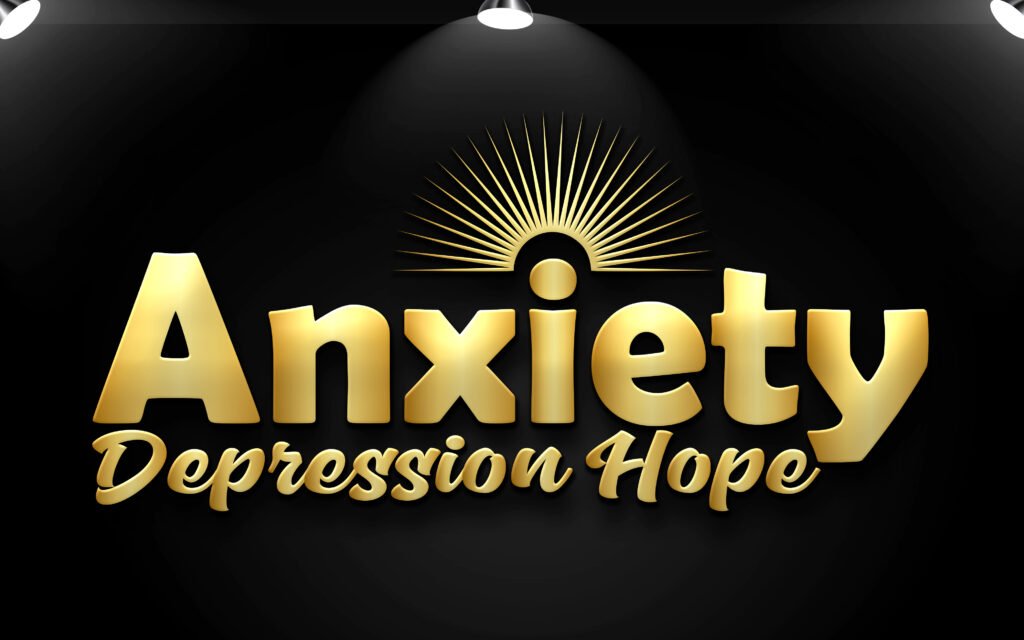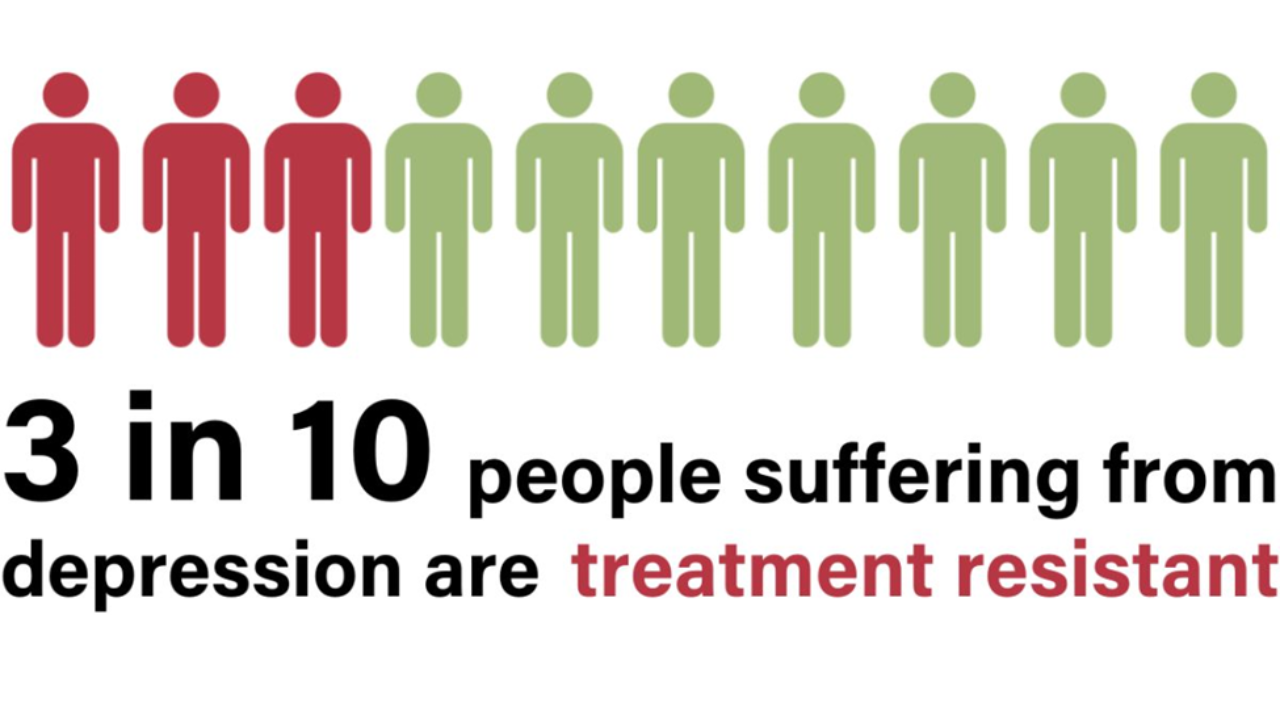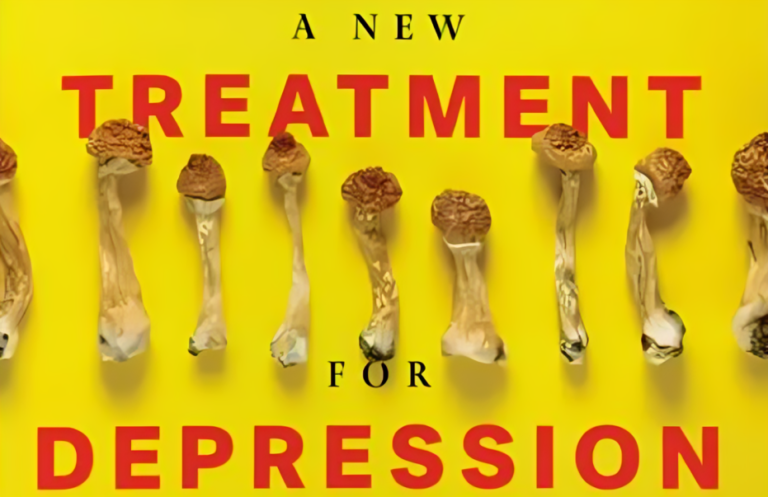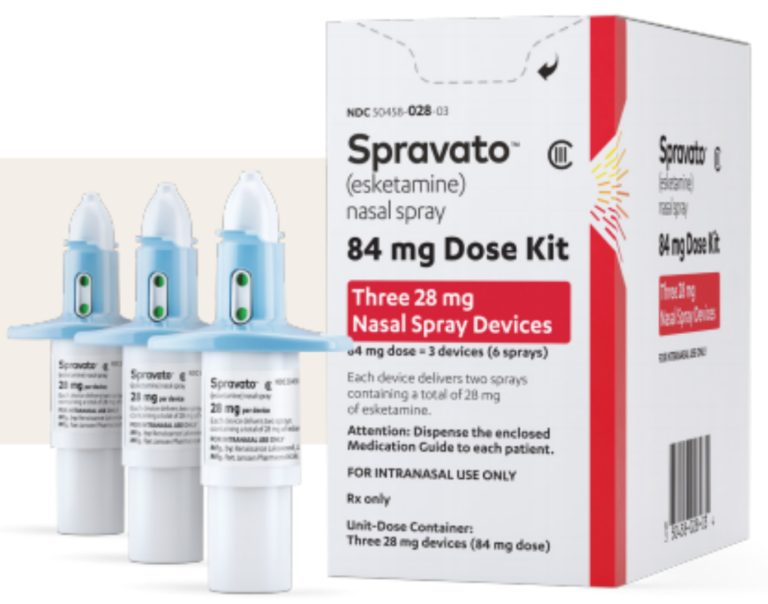What Is Treatment-Resistant Depression? Why Some Treatments Don’t Work
Introduction
Not all depression treatments work for everyone. If you’ve tried multiple medications and therapies without success, you may have what’s called treatment-resistant depression (TRD). In this post, we’ll explain what TRD is, how it’s diagnosed, and what options are available for people who have it.
What is Treatment-Resistant Depression?
TRD is defined as depression that doesn’t respond to at least two different types of antidepressants. We’ll explain why some people don’t respond to traditional treatments and what makes their depression different.
Common Reasons for Treatment Resistance
We’ll dive into some of the reasons why depression treatments fail, including incorrect diagnoses, biological differences, and how certain medications may not be effective for everyone.
How TRD is Diagnosed
Doctors may diagnose TRD after carefully reviewing your treatment history and exploring other factors that may contribute to your depression. We’ll discuss how TRD is evaluated and the steps your doctor might take before confirming this diagnosis.
What Are Your Options?
TRD can feel hopeless, but there are still options. We’ll introduce advanced treatments like Spravato (Esketamine), electroconvulsive therapy (ECT), repetitive transcranial magnetic stimulation (rTMS), and ketamine therapy. We’ll briefly explain how each works and who may benefit from them.







